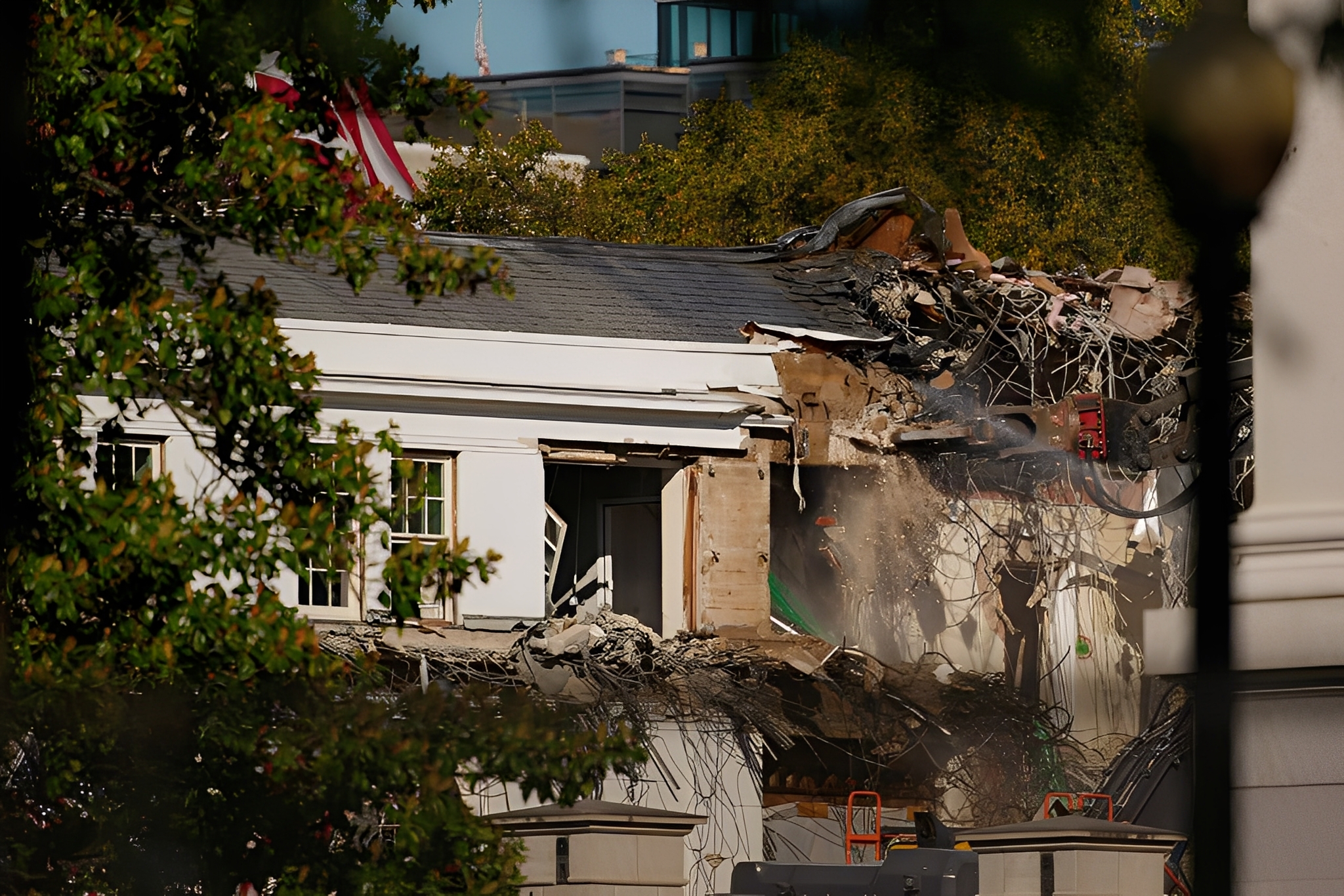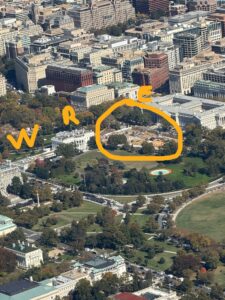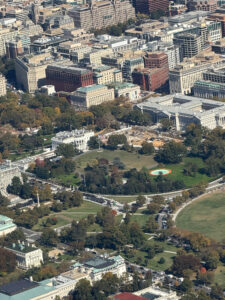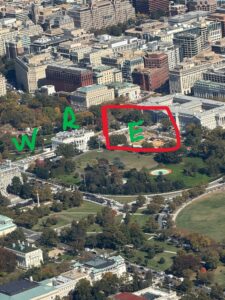Trump’s East Wing Public Property Demolition Declared a Criminal Conduct as Court Injunction Looms.
Trump’s East Wing Public Property Demolition Declared a Criminal Conduct as Court Injunction Looms.

In the USA
The news as it trends.
In what some are calling a final intervention to defend the integrity of the “People’s House,” President Donald Trump now faces a serious legal hurdle over his controversial plan to build a sprawling 90,000-square-foot ballroom funded by private donors, following his demolition of the White House’s East Wing.
The $300 million project, which began earlier this week, has sparked outrage among preservationists and prompted a federal lawsuit from Virginia couple Charles and Judith Voorhees.
Their action highlights that any U.S. citizen with legal standing may file a case in defense of public heritage.
The couple filed an emergency motion in federal court on October 24, alleging that the demolition violates multiple federal preservation laws, including the National Historic Preservation Act of 1966.
Their claim centers on the absence of legally required approvals, public review, and consultation with preservation bodies such as the Advisory Council on Historic Preservation and the D.C. State Historic Preservation Office.
Legal experts anticipate that more citizens from across the country may follow suit.
Legal standing in such cases means a person must be directly affected by the issue or have a legal interest protected by law, such as being a taxpayer challenging misuse of federal funds or a citizen defending historic property.
In matters of historic preservation, courts often allow broader standing because these landmarks belong to the public.
Therefore, individuals from New York, California, or any other state could potentially file their own legal challenges, especially if they can demonstrate that the demolition violates federal law or undermines public trust.
The East Wing, historically home to the First Lady’s office, the social office, and the public tour entrance, has already been reduced to rubble.
Critics argue that the project not only erases a vital piece of American history but also sets a dangerous precedent for unchecked presidential authority over national landmarks.
While the White House maintains that Trump has full legal authority to proceed, the lawsuit seeks a temporary restraining order to halt further construction until proper reviews are completed.
Whether the court grants this injunction remains uncertain, but the demolition has already sparked a national debate about the balance between modernization and preservation and whether the White House should be subject to unilateral redesign.
It is worth noting that no president in American history has ever demolished a historically protected section of the White House.
Past administrations have added to the existing structure, but none have violated preservation laws in such a sweeping manner.
Trump’s claim of legal authority is being challenged by experts who argue that the presidency is bound by the Constitution and federal statutes, including those governing historic landmarks and environmental impact.
Real estate and legal analysts say a court injunction may be imminent to halt Trump’s unlawful demolition until a full review is granted.
If approved, it would place a moratorium on further construction.
In the midst of this legal storm, Representative Jamie Raskin has called Trump’s actions a criminal offense, stating that bypassing public and historical review and denying citizens the chance to weigh in on such a massive alteration to federal property undermines democratic principles.
As historians and real estate experts have echoed across various platforms, some now say President Trump’s belief that he can act without limits does not extend to private property or the alteration of historic landmarks.
Federal preservation laws exist precisely to prevent unilateral decisions that erase public heritage.
The White House, while occupied by a sitting president, is a temporary home and remains federal property, a symbol of national history, not a personal estate.
This goes far beyond a ballroom, some contend.
It is a confrontation over legacy, legality, and the boundaries of presidential power in a constitutional republic, a crisis lamented by scholars, preservationists, and civic leaders alike.
Yetunde B reports for Yeyetunde’s Blog.
Hakeem Jeffries says all private donors contributing to Trump’s ballroom will be investigated as part of a potential pay-for-play scheme. pic.twitter.com/flBzjqkzMs
— Yeyetunde’s Blog (@YeyetundeB) October 25, 2025
— Yeyetunde’s Blog (@YeyetundeB) October 25, 2025
























Leave a Reply